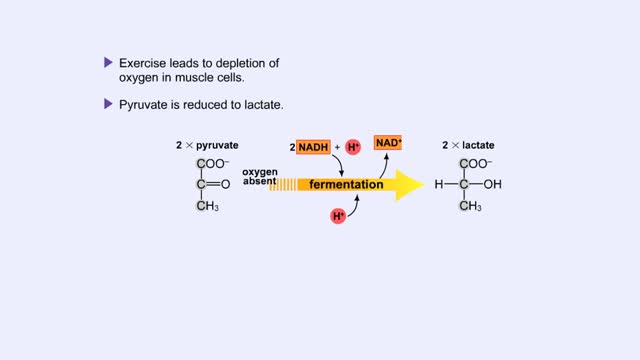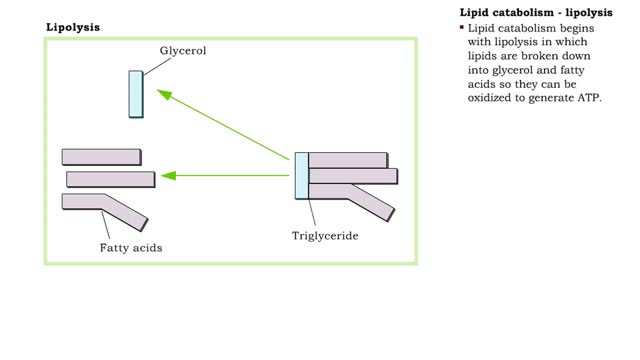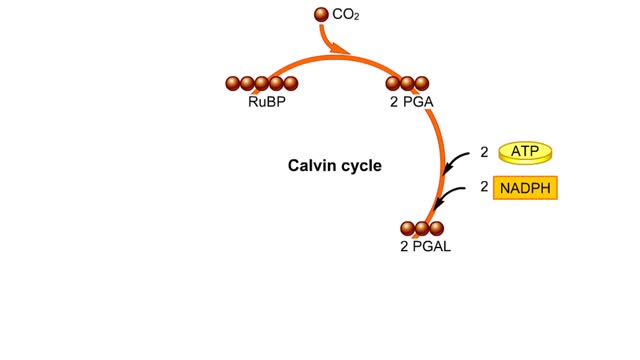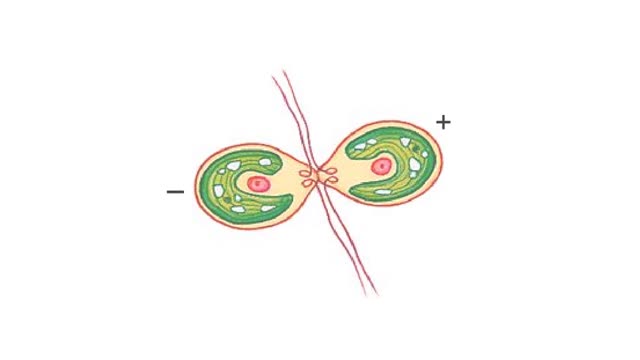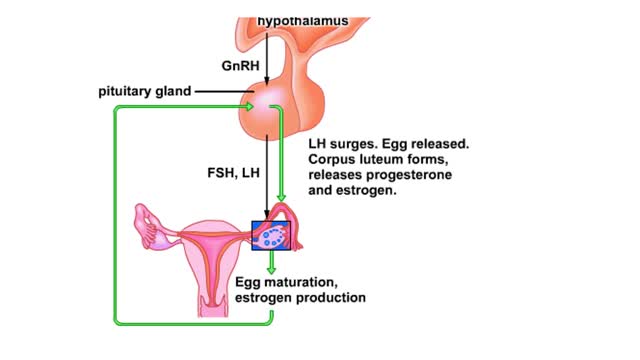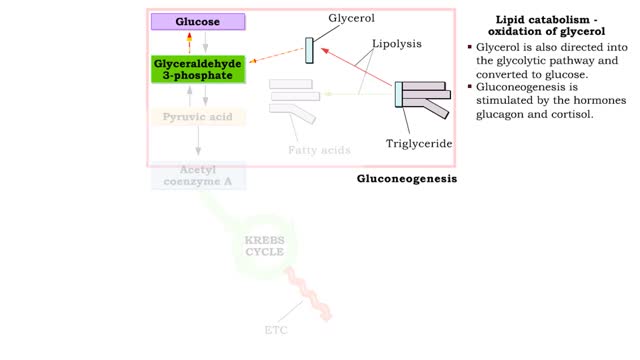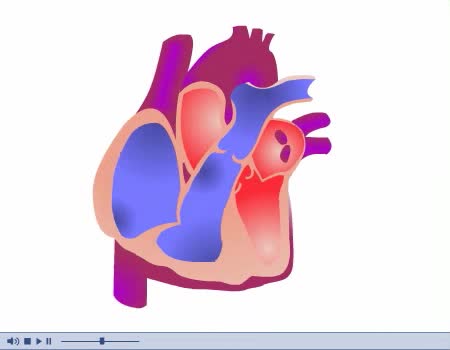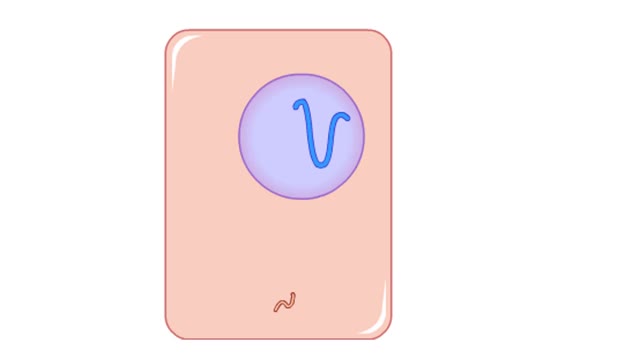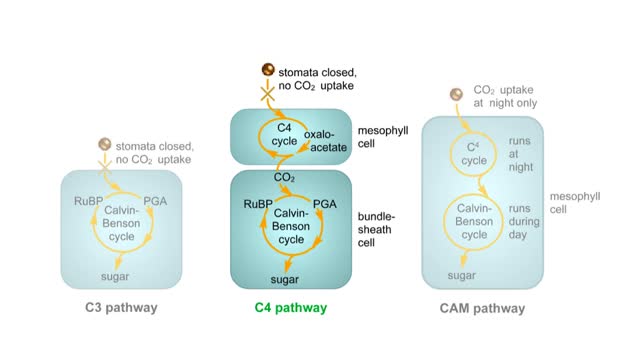Search Results
Results for: 'Krebs cycle'
Fermentation - When Oxygen Is Absent, Pyruvate to Lactate & Pyruvate to Ethanol
By: HWC, Views: 11223
Pyruvate is the end product of glycolysis. If oxygen is present, pyruvate enters the mitochondrion where further energy yielding reactions of the Krebs cycle will take place. However, if oxygen is not present, pyruvate will enter a pathway called fermentation. This pathway regenerates NAD+ fro...
Lipid catabolism - lipolysis and beta oxidation and oxidation of fatty acids
By: HWC, Views: 12055
• Digestion hydrolyzes lipids into fatty acids and glycerol. • Fatty acids and glycerol are: • Oxidized to generate ATP. • Used to produce triglycerides that are stored as energy reserves in adipose tissue. • Lipid catabolism begins with lipolysis in which lipids are broken do...
By: HWC, Views: 11553
he light-independent reactions make sugars by way of a cyclic pathway called the Calvin cycle. The cycle begins when rubisco attaches a carbon from carbon dioxide to ribulose bisphosphate. The molecule that forms splits into two molecules of PGA. Each PGA gets a phosphate group from ATP a...
By: HWC, Views: 6075
Life cycle of Porphyra. The most conspicuous part of this algal life cycle is the haploid gametophyte. This sheetlike form is collected and dried for use as nori, the wrapping for sushi. Gametes form in packets interspersed between vegetative cells near the sheet margins. The gamet...
Hormones and the menstrual cycle Animation
By: HWC, Views: 8742
Feedback loops to the hypothalamus and pituitary gland from the ovaries during the menstrual cycle Animation for a step-by-step explanation. Production of a releasing hormone (GnRH) by the hypothalamus prods the pituitary's anterior lobe to release FSH and LH. In the ovary, FSH and LH stimula...
Lipid catabolism ( ketogenesis and oxidation of glycerol) and Lipid anabolism (lipogenesis)
By: HWC, Views: 12085
• During excessive beta oxidation, the two-carbon fatty acid fragments are converted into acidic ketone bodies. • Ketosis, the overproduction of ketone bodies, can lead to acidosis (ketoacidosis) of the blood. • After lipolysis, glycerol is converted to pyruvic acid. • Pyruvic aci...
By: Administrator, Views: 14834
Diastole and systole are two phases of the cardiac cycle. They occur as the heart beats, pumping blood through a system of blood vessels that carry blood to every part of the body. Systole occurs when the heart contracts to pump blood out, and diastole occurs when the heart relaxes after contract...
HIV replication/ Replication cycle of HIV
By: HWC, Views: 8909
Replication cycle of HIV, one of the retroviruses. The HIV virus is surrounded by a lipid envelope with embedded proteins. A coat of viral proteins surrounds two strands of RNA and the enzymes used during replication. The virus attaches to and enters the host cell. Viral reverse trans...
Carbon fixing adaptations Animation
By: HWC, Views: 5948
Different plants trap carbon by different pathways. Most C3 plants evolved in moist, temperate zones. On hot dry days they close their stomata to conserve water and oxygen accumulates. Under these circumstances, the enzyme rubisco uses oxygen in an inefficient reaction that competes with t...
Advertisement



